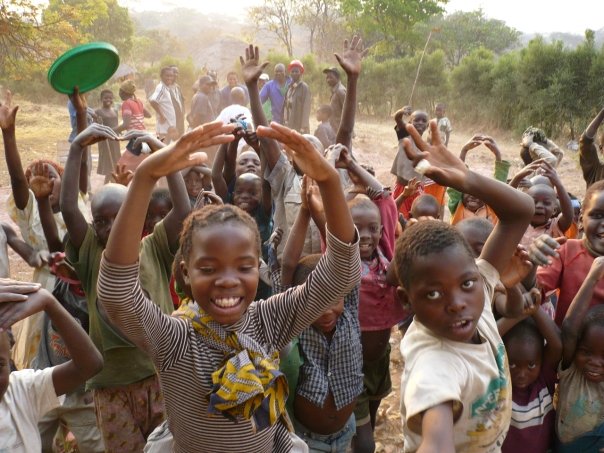Peace Corps is a development aid organization but what does that mean? This question is not easy to answer as there are many approaches to "aid" in pursuit of "development". Maybe it would be helpful to start by thinking about what development is. Is it roads, electricity, houses with central air conditioning, grocery stores with peaches all-year-round, cars for everyone, access to education, access to health care, etc? Or is it a mental state where people feel empowered and happy despite thier physical surroundings (assuming basic human needs are met)? Further still, what parts of this development should we (some would say are we obligated to) help other countries achieve?
Once the idea of development has crystalized it still remains to be determined how aid can support that development. Should developed countries simply give money to developing country governments and let them choose where it will go or should they enact programs and transfer knowledge, or capacity, to the population of a country to empower them? Should non-governmental organizations (NGOs) determine the priorities of a country and work along side the government to achieve those goals or should they work independently with loose associations to the host country government?
From my experience up to this point there are no clear answers to these questions. There are as many stories of success for each approach as there are stories of failure. The determining factor seems to be context. That said, i still think that education and training will do more in the long run to empower populations and provide the opportunity for improving standards of living. In the end this seems all we really have the power to do: Provide opportunities. You can hand someone a pencil and paper, you can teach them how to ride a bike, you can show them the benefits of keeping bees, but in the end it is up to them to do those things. You have merely provided the opportunity to begin. We will never "bring" development, just the opportunity to develop. At that point we have to leave it up to the work of our developing country collegues. They know what it takes in their context. They know better than us what development means to them.
 This is my friend Ba Shimuyembe's family. The children are both his, his brother's, and his daughter's but they are all treated as if they were from the same parents.
This is my friend Ba Shimuyembe's family. The children are both his, his brother's, and his daughter's but they are all treated as if they were from the same parents.
